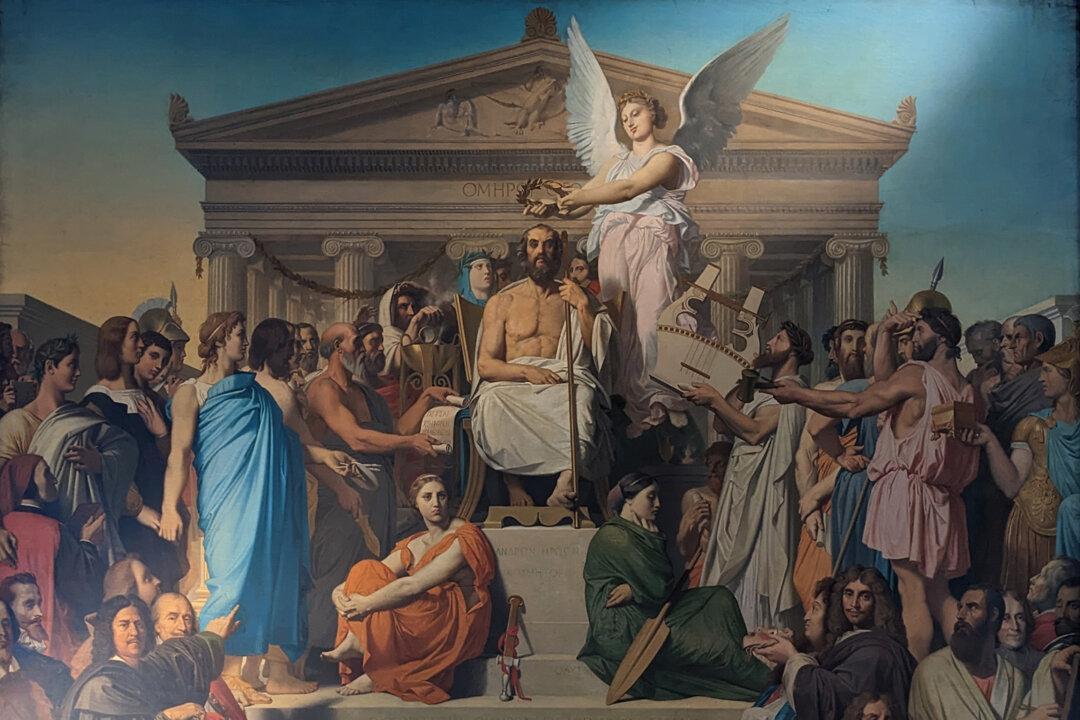It’s possible to drive by the same house every day for years and not notice it. Then, suddenly, one day, you turn your head in just the right direction and see it for the first time, wondering how you ever missed it before.
Great works of literature are like that. In fact, one definition that fits great literature is “a work that can be read again and again, and each time you read it you get more out of it.” But sometimes re-reading isn’t enough. Sometimes, you need someone to metaphorically “turn your head,” so you can look in the right direction and catch a glimpse of something wonderful and new. That’s the role of a good teacher or good literary friends.






